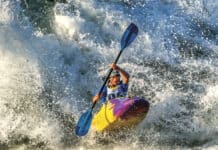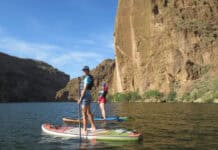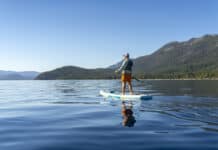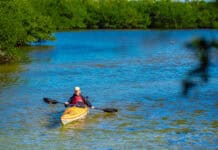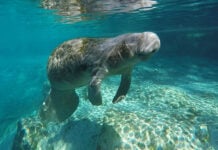With a devoted corps of year-round paddlers, seasonal weather ranging from mild to wild, and a surprising diversity of environments and exposure, Toronto Harbour ranks among the top spots for urban kayaking in this major metropolis.
No one knows the city’s hotspots and secret stashes like a local, so we tracked down Smoke City kayaker David Johnston to get the goods. When he’s not hosting fitness and social paddles with Toronto’s Harbourfront Canoe & Kayak Centre, Johnston seeks out the explosive waves blown in by winter storms off Lake Ontario.
11 alluring things paddlers can find in Toronto Harbour
1 The Toronto Islands
Formed from one of Lake Ontario’s largest sandspits, and sheltering Toronto Harbour from wind and waves rolling in from the west, south and east, the Toronto Islands are the crown jewel in the city’s extensive park system. On summer weekends, the car-free islands’ charming picnic grounds, bicycle paths and beaches are chock-a-block. Spring and fall are quiet and restful—tourists drop off, and hippies and hipsters alike tend to their whimsical gardens and weather-beaten homes on Ward’s and Algonquin islands. Winter is a world apart.
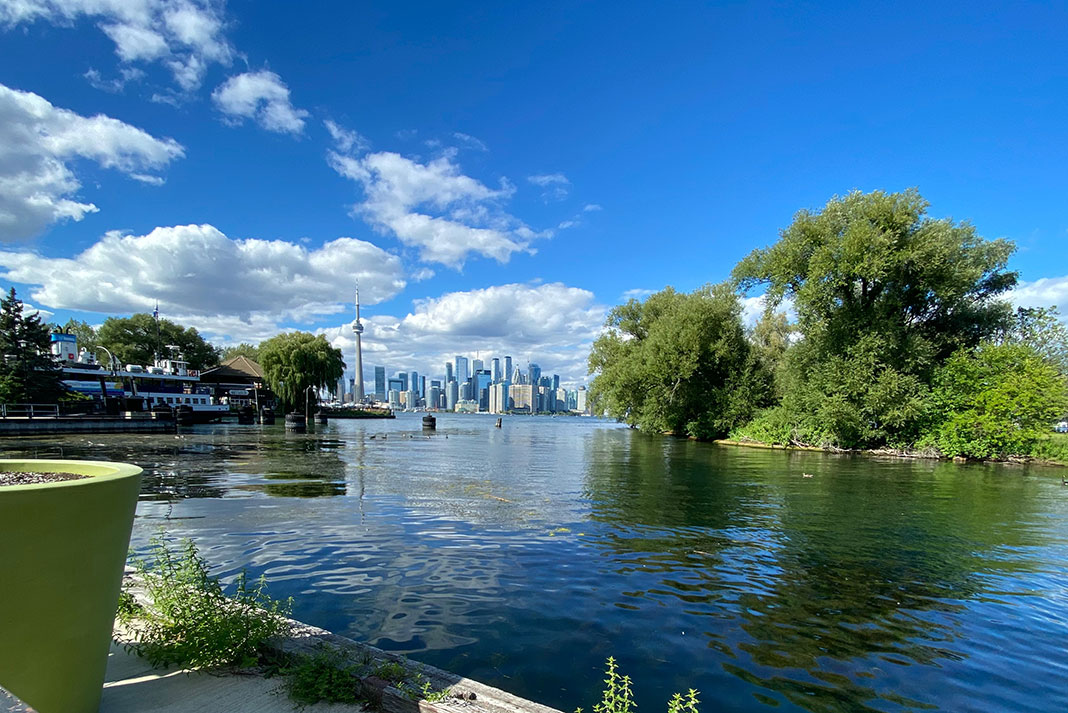
2 Ferries
Ferries cross the harbor from Queen’s Quay to the islands year-round. When loaded with selfie stick-waving passengers, says Johnston, “they kick up a nice wake that you can surf behind. Just stay well away, as kayakers make the captains nervous.”
3 Classic little back route
Although most visitors are familiar with the three main islands—Hanlan’s Point, Centre and Ward’s—the archipelago is actually made up of 14 islands, some only accessible by boat. Linking these are narrow passages draped in magnificent cottonwoods and unexplored lagoons perfect for kayaking. Less than five kilometers from end to end, “the classic little back route takes you through the quietest parts of the islands,” says Johnston. “What’s not to like here? You paddle right next to a petting farm, a tiny train drives by with kids on it every 10 minutes, and you finish at a small beach on Ward’s Island where you can go get ice cream.”
4 Hidden Pond
“Hidden Pond is a very cool secret spot I like to take students into. It’s only accessible in spring and early summer, before the water drops and the entrance dries up.”
5 Lighthouse and Trout ponds
Birding enthusiasts should head for Lighthouse and Trout ponds to watch for swans, geese and more than a dozen species of ducks. The forest and wetland to the north of here is a wildlife sanctuary, and the songs of warblers, sparrows, vireos and thrushes can be heard from these still waters.
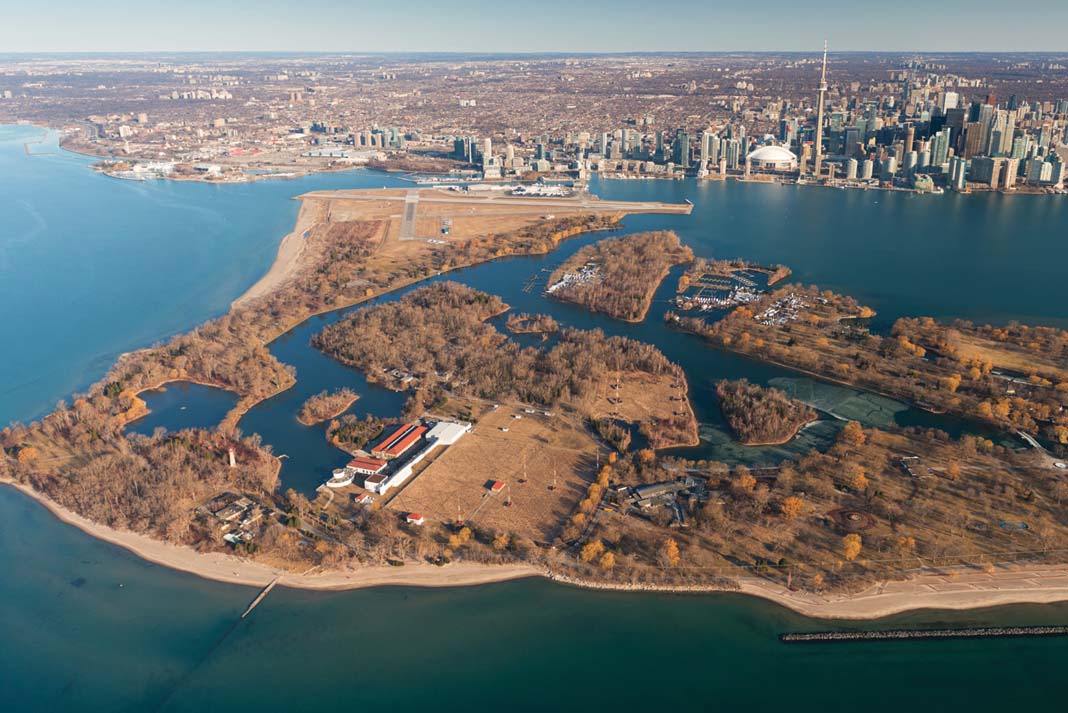
6 Gibraltar Point Lighthouse
Built in 1808, Gibraltar Point Lighthouse is Canada’s oldest standing lighthouse. Plus, as Johnston points out, “It’s haunted and that makes it awesome.” Legend has it the light is stalked by J.P. Rademuller, the first keeper and a reputed rumrunner, who vanished in 1815.
7 Trout Pond portage
To access the fine surf beaches on the south side of the islands without having to paddle all the way around, take the easy, 200-meter kayak portage from Trout Pond.
8 Surf zones
Just off the Island Public School and west of the breakwall is one of Johnston’s favorite surf zones. “This area gets very shallow, making it a great location for catching long, smooth waves when the wind is out of the southeast or east.”
9 Gibraltar Point Beach
East of Gibraltar Point is a gentle surf beach that Johnston insists is “great with almost any wind out of the southwest to southeast.”
10 Western Gap
Put rough water paddling skills to the test in the Western Gap—a 120-meter-wide channel between the airport and the mainland that becomes a minefield of monster reflection waves and double-overhead haystacks in strong southwest winds. “Not for the faint of heart,” says Johnston, “but it’s our go-to location for playing around.”
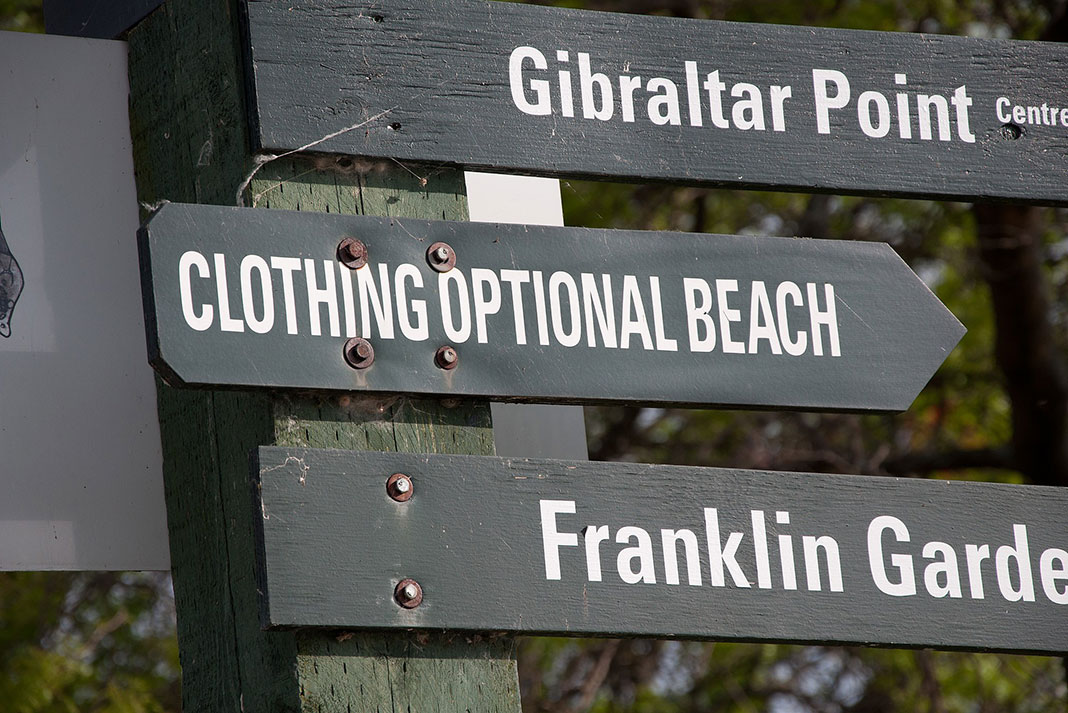
11 Hanlan’s Point Beach
When the wind is blowing west, Johnston heads for Hanlan’s Point Clothing Optional Beach, where the challenges are of a different sort. While the predictable waves make it a great place to learn surf skills, he says, “You have to keep your head down and not let anything on shore come into focus.”
Feature photo: Daniel Novykov/Unsplash


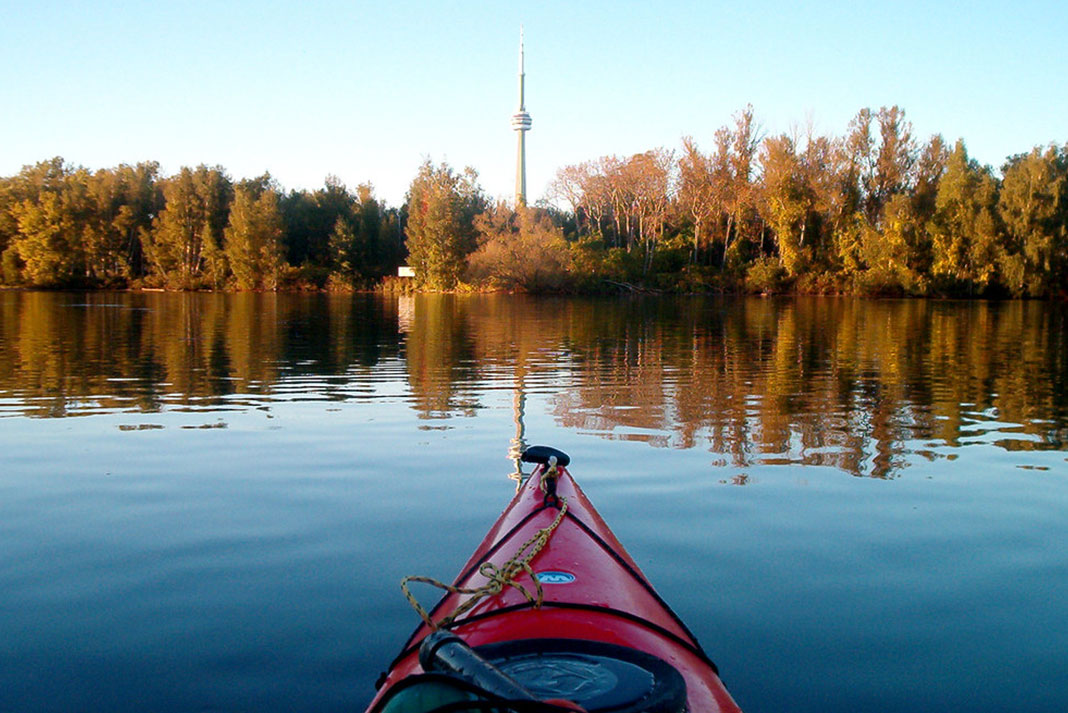
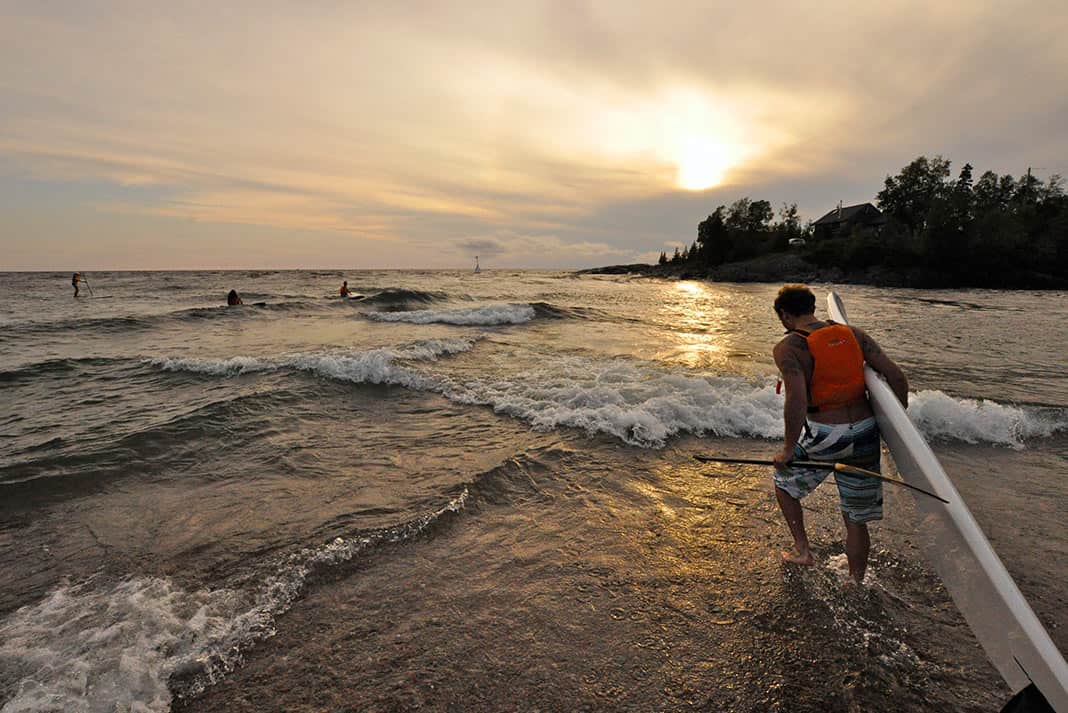
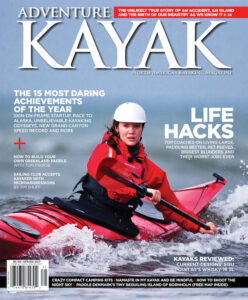 This article was first published in the Spring 2017 issue of Adventure Kayak Magazine.
This article was first published in the Spring 2017 issue of Adventure Kayak Magazine. 